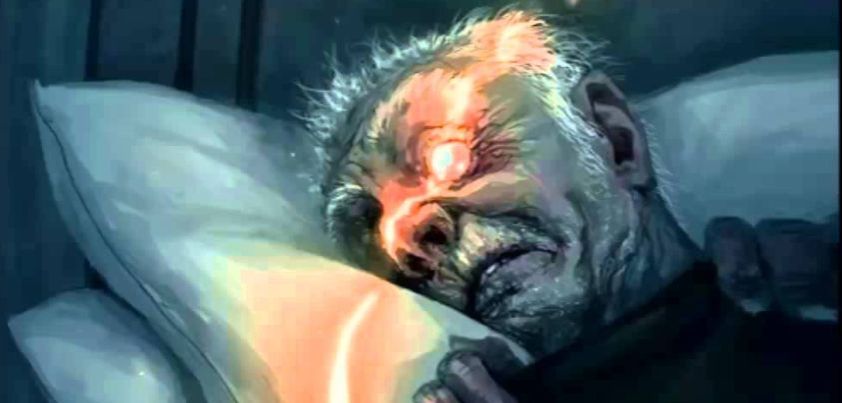 In this Gothic horror story by Edgar Allan Poe, the narrator describes how cleverly he or she has planned and carried out the murder of an old man. The only reason given is fear of what is described as the old man’s ‘vulture eye’. The narrator’s purpose in telling the story is to convince the audience that he or she is not mad. There are a number of ironic aspects to the story, perhaps the greatest being that in trying to prove his or her sanity, the narrator clearly demonstrates the opposite. Themes: mental illness, fear, time, guilt vs. innocence.
In this Gothic horror story by Edgar Allan Poe, the narrator describes how cleverly he or she has planned and carried out the murder of an old man. The only reason given is fear of what is described as the old man’s ‘vulture eye’. The narrator’s purpose in telling the story is to convince the audience that he or she is not mad. There are a number of ironic aspects to the story, perhaps the greatest being that in trying to prove his or her sanity, the narrator clearly demonstrates the opposite. Themes: mental illness, fear, time, guilt vs. innocence.
It is interesting that Poe did not identify the narrator, either by gender or in terms of his or her relationship with the old man. He or she could be a friend, relative (perhaps even a child) or care-giver. This dehumanizes both characters, leaving only the conflict between a crazed mind and whatever is represented by the “evil eye”
At the very beginning of the story, the narrator tells us that he or she has always been very nervous and that this disease had improved his or her senses. Being nervous at times is quite normal. It is certainly not a disease. What Poe is probably talking about here is a medical condition known at the time as “nerves”. It is known today as “Generalized Anxiety Disorder” (GAD) and characterized by uncontrollable and often unnecessary worry about common occurrences and situations.
For me, one of the most interesting aspects of this story is the way that Poe develops the character of the narrator. I can’t see any indication of psychological studies in Poe’s biography. Nevertheless, his protagonist exhibits five characteristics recognized today as being common among people suffering from GAD. These are:
- difficulty sleeping – sitting up in bed late, listening to deathwatch beetles in the wall;
- irrational fears – being afraid of the old man’s “evil eye”;
- perfectionism – telling us over and over how carefully he or she planned and carried out the murder;
- self-doubt – trying to justify why he or she isn’t mad; and
- panic attacks – losing control in front of the policemen at the very end of the story.